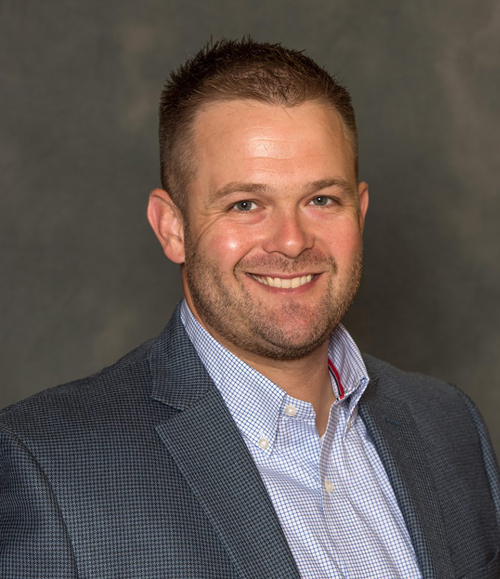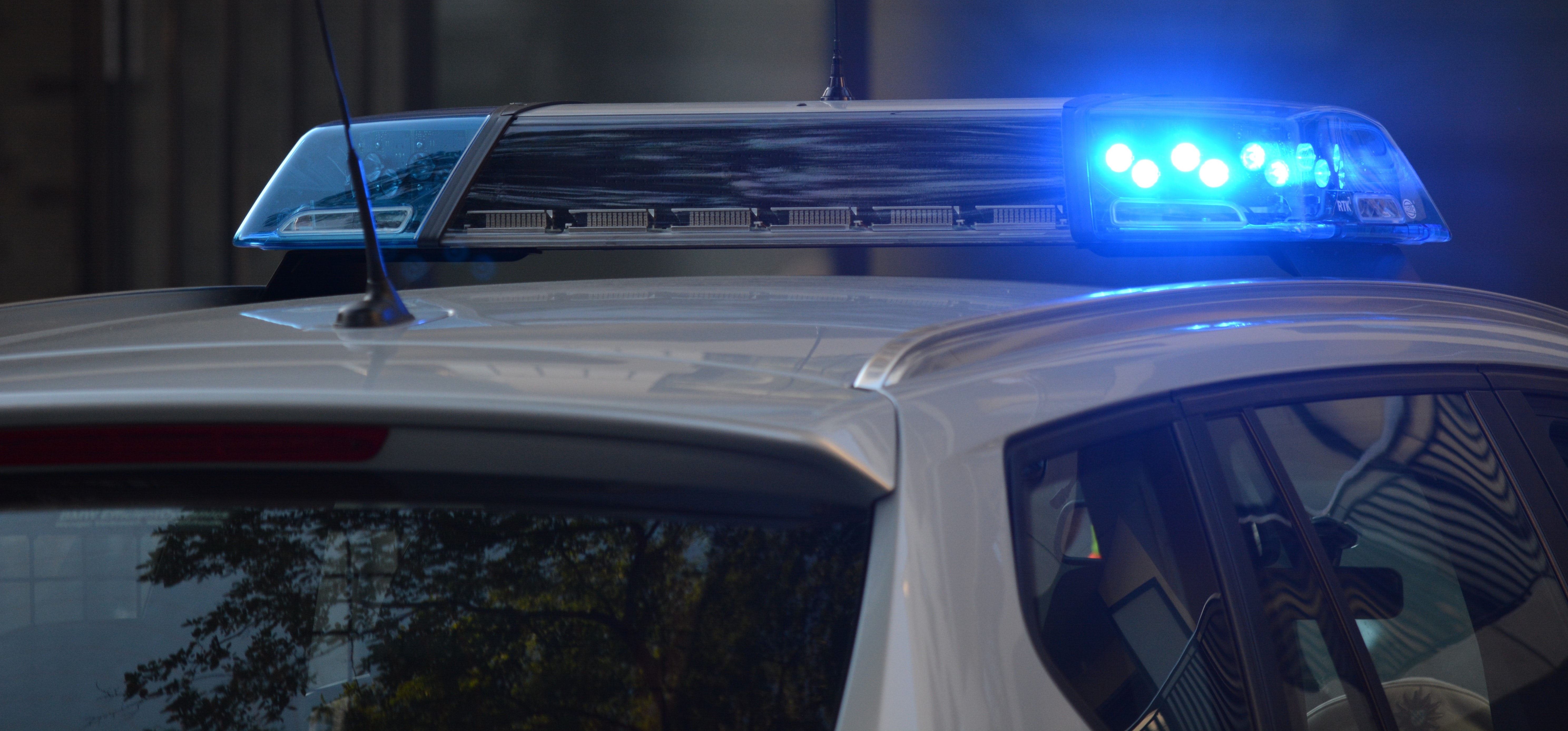How the COVID-19 crisis is impacting crime, police and first responders
March 24, 2020 - Liz Schondelmayer
The COVID-19 crisis has many Americans working from their homes. But for first-responders, such as EMTs, firefighters and police officers, working from home is simply not an option, and tragically, some have already fallen victim to the virus.
 Social scientist Dr. Scott Wolfe (pictured left), an expert on policing and organizational justice in the Michigan State University School of Criminal Justice, has insight on how the novel coronavirus strain will impact the day-to-day lives and duties of first responders and how the crisis will impact crime.
Social scientist Dr. Scott Wolfe (pictured left), an expert on policing and organizational justice in the Michigan State University School of Criminal Justice, has insight on how the novel coronavirus strain will impact the day-to-day lives and duties of first responders and how the crisis will impact crime.
To make matters worse, according to Dr. Wolfe, most are unable to access COVID-19 tests.
“This is a major public health issue that no one is talking about,” says Dr. Wolfe. “These are the people who are expected to interact with the public on a daily basis and keep us safe. But right now, they are facing barriers even keeping themselves safe.”
Wolfe adds that law enforcement officers’ duties may evolve over the course of the COVID-19 crisis. “When the governor signs an executive order stating that certain businesses must close and people must stay in their homes, it is up to local and state police to enforce those rules,” says Dr. Wolfe.
Dr. Wolfe also suggests a possible change to crime patterns. He predicts low-level crime rates, especially theft, may drop due to social distancing. “With less people going out and less chances of face-to-face interaction, there are in general less opportunities for robbers and burglars to act.”
He also pointed out that break-ins may be less common, too, due to more people working from home. “People don’t break into houses in the middle of the night, it’s during the day when people are at work,” explains Dr. Wolfe.
Dr. Wolfe expects to see more police officers giving citations or handling situations informally, rather than making arrests.
“We’re seeing police officers making humanitarian decisions to not put low-level offenders at risk of contracting and spreading the virus,” said Dr. Wolfe. “Many of these decisions are up to the officers' discretion, and they don’t want to be putting people at unnecessary risk.”
Keep up with the latest COVID-19 updates and find MSU community resources here.


